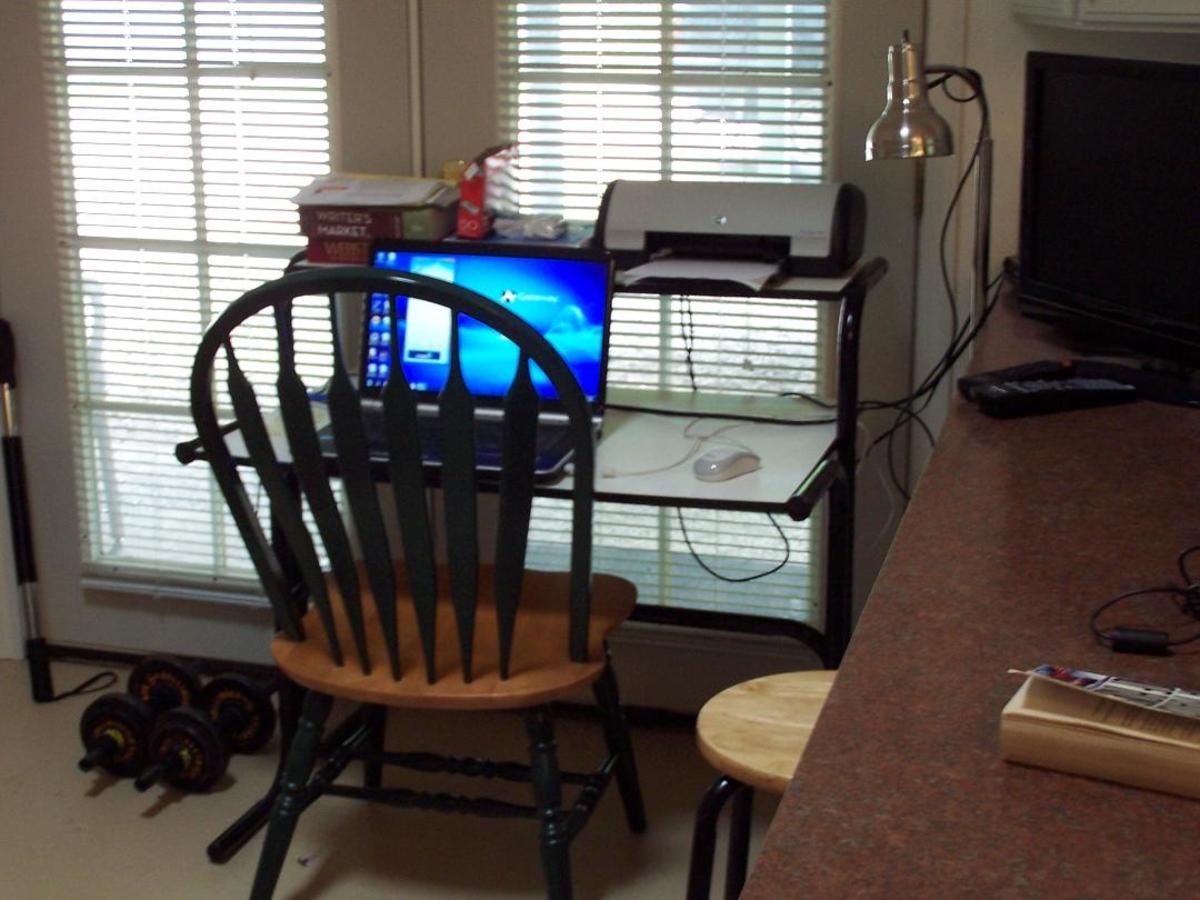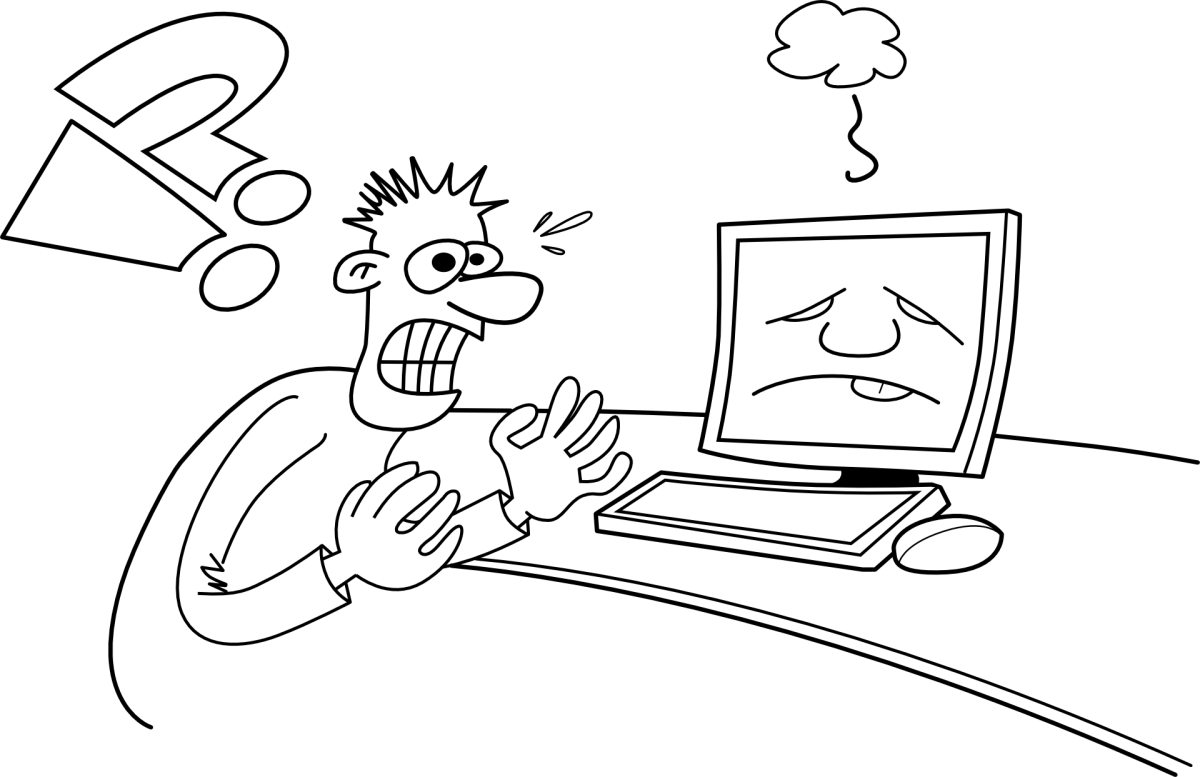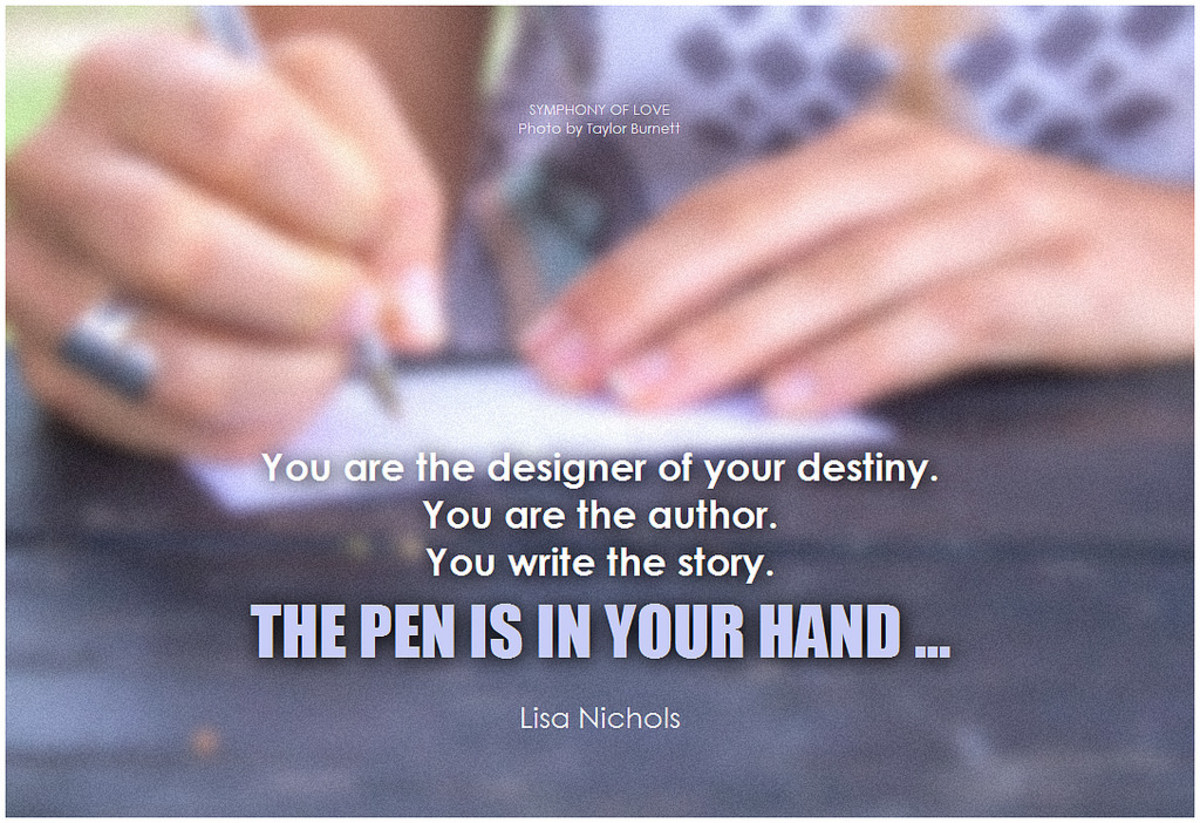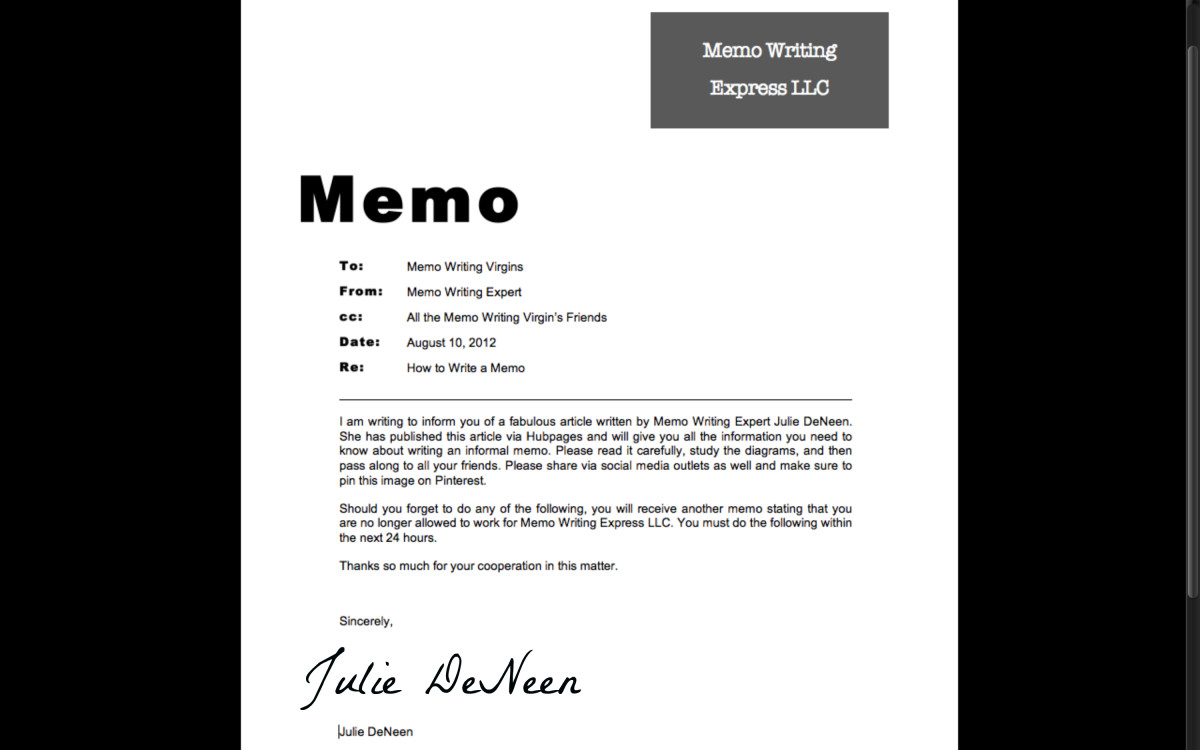Write More: Breaking Your Writer’s Block
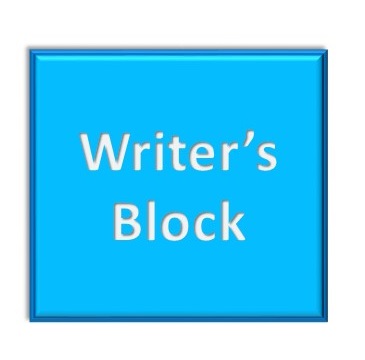
There’s only one thing that’s required to be a writer: you have to write. But there are times when writing feels like pulling your foot out of the mud – slow, murky, and you wind up with something that you probably don’t want to keep. The words don’t come easy, and you have to wrench each one from your brain. It makes you want to walk away from your computer and take a new path in life.
You don’t have to suffer, though. There are seven methods that you can use to help break your writer’s block and get going again.
Writer's Block with Bryan Cranston
Write
Simple, right? But it’s not. You have to write. The hard part here is that you have to write, even when you know it sucks. You can be writing the worst words you’ve ever written in your life. You might know that the scene adds nothing to the story. You might not even know if you’re going to keep it – maybe it won’t be worth editing. It might go straight in the trash. That’s okay. Give yourself permission to write as poorly as you need to in order to get those words on that screen.
Outline
If you can’t write because you don’t know what to do next – or what your character(s) will do next – then stop writing the story and figure it out. Outlining sounds like something that you only had to do in school, but it’s a skill that can help you out with your writing, regardless of what type of writing you’re doing. If you’re writing a story or novel, plan the plot. If you’re writing a blog or article, determine the point you’re making and then list what you’ll use to make that point. The outline is your friend.
Have you had problems with writer's block in the past?
Write something else
Okay, so you can’t write what you wanted to write. You can’t even focus on the outline. So don’t. If you normally write fiction, now’s the time to tackle a personal essay. Maybe even a poem. If you’re a poet, then write a blog. Change it up. You might find that giving yourself the freedom of a new form also gives you a new perspective on the original piece.
Do research
It may feel like procrastination, and it might even be procrastination, but sometimes research is key. You may discover something new about the time period you’re writing about that gives you a new direction to write in. Perhaps you’ll find out that the place you’re basing your story in has a myth that works with your story. You never know what information will do for you, and if nothing else, it gives you material to think about.
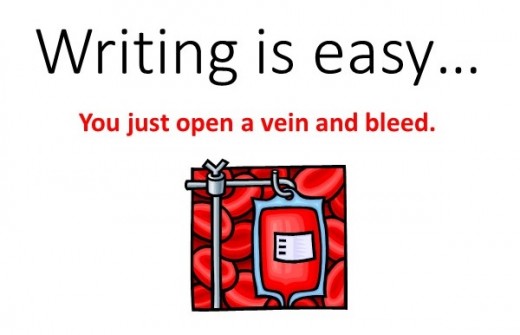
Go red
Color is meaningful! What’s your favorite color? I personally like blue best, but when I’m stumped on my writing, I pick out a pen (or even just a font color) that I don’t normally use. Purple. Pink. Green. Whatever color you like, get one or find one. Use it.
You may even choose to go red. While some people like to reserve that for editing, sometimes the vibrancy of the color is enough to get your mind ticking.
Exercise it out!
Getting away from the writing and doing something physical can help, too. I have a “FitDesk” that actually lets me sit and bike with my computer or a book. I can choose to write while I bike, or I can doodle ideas in my notebook while thinking and biking.
Other options for movement include yoga – the meditation can help you free you mind – or something more physical, like going for a run or a walk around the neighborhood. You might get an idea from something you see if you go out into the world. And if it’s bad weather, go to the local mall and take a walk. Then you get the benefit of people watching along with the physical activity.
Swap writing methods
If you normally hand-write your work, now it’s type to use your computer. Or hit a thrift store and keep a typewriter on hand, just in case. You may even have a word processor (like a Neo) that allows you to avoid all the distractions of the Internet.
For people who can only write on the computer or who only handwrite, you can still make changes. For computer users, find a local library that has computers for public use or go to an Internet café that rents computers. For those who hand writer, change what it is you write with. If you use a pen, use a pencil instead. Or even just swap to a fountain pen if you normally chose a ball point. Any change is better than no change, and it can help you feel like you’re doing something different.
Keep writing
The most important thing to remember is to keep writing. Even if you’re only aiming for 100 words a day, that is still writing! To be a writer, you must write. So stop reading this and write!

